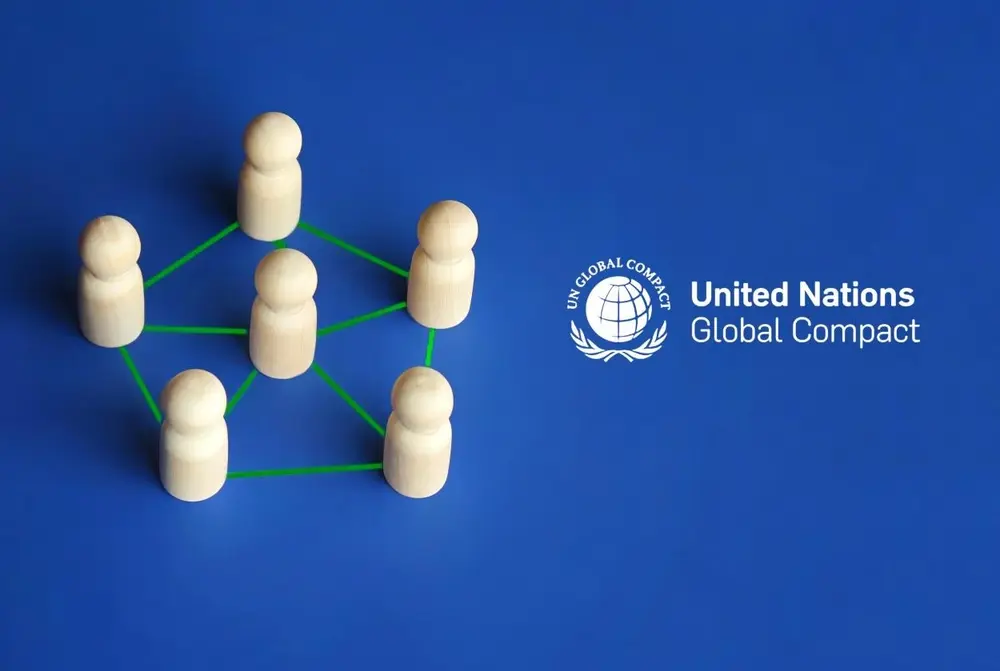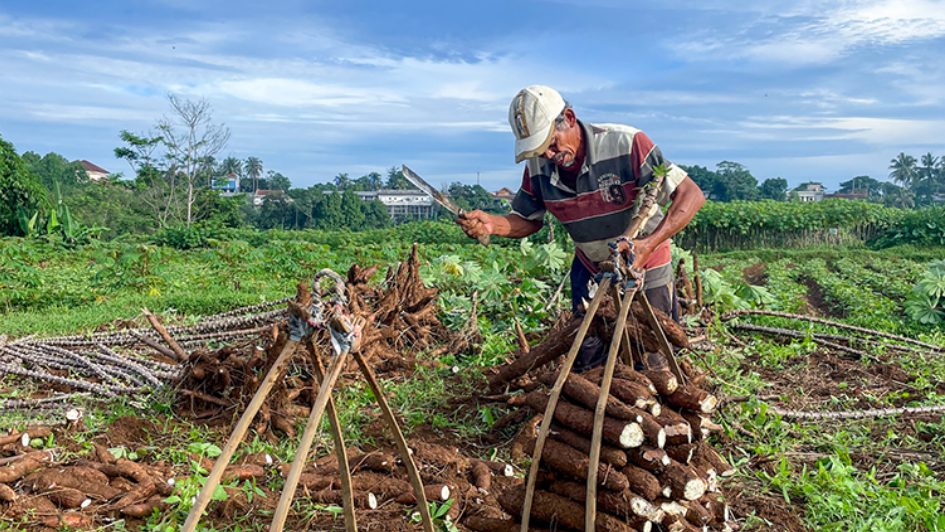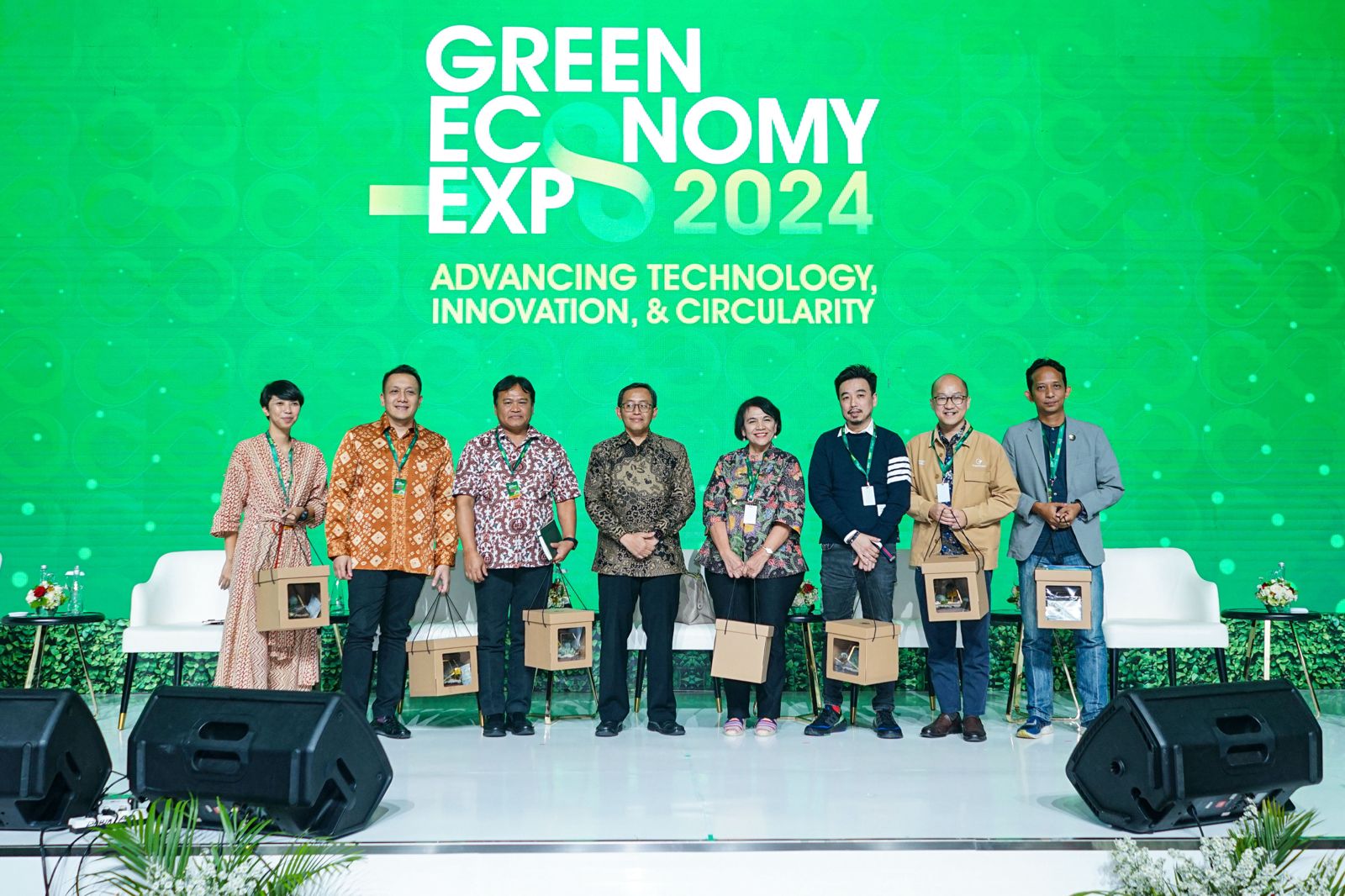Greenhope Joins UN Global Compact: Spearheading Sustainable Solutions to Plastic Pollution
Monday, 25 March 2024
In a world grappling with the environmental menace of plastic waste, innovative solutions are imperative. Greenhope, an Indonesian biotech company, has emerged as a beacon of hope in the fight against plastic pollution. Specializing in the production of biodegradable additives, biobased biodegradable, and biobased compostable plastic resins, Greenhope has recently made a significant stride by joining the UN Global Compact. This move underscores the company's commitment to addressing the global plastic waste crisis and promoting sustainable alternatives.
The UN Global Compact, the world's largest corporate sustainability initiative, brings together businesses that are committed to aligning their operations and strategies
with ten universally accepted principles in the areas of human rights, labor, environment, and anti-corruption. By joining this esteemed network, Greenhope pledges to uphold these principles while actively contributing to the advancement of sustainable development goals, particularly those related to environmental preservation and responsible consumption.
At the core of Greenhope's mission is the development and promotion of sustainable plastic alternatives. Traditional plastics, derived from non-renewable fossil fuels, pose a significant threat to the environment due to their non-biodegradable nature. They often end up polluting ecosystems, harming wildlife, and persisting in landfills for centuries. In contrast, Greenhope's biodegradable additives and biobased resins offer a promising solution. These materials are derived from renewable sources such as cassava, making them not only biodegradable but also environmentally friendly throughout their lifecycle.
One of Greenhope's groundbreaking initiatives involves empowering local cassava farmers' cooperatives as its primary biobased technology sourcing partners. By fostering partnerships with these communities, Greenhope not only ensures a sustainable supply chain but also creates socio-economic opportunities at the grassroots level. Through training programs, technological support, and fair trade practices, the company enables farmers to adopt sustainable agricultural practices, improve their livelihoods, and contribute to the circular economy.
The utilization of cassava, a widely cultivated crop in Indonesia, as a raw material for biobased plastics holds immense potential. Cassava is known for its rapid growth, high yield, and resilience to diverse climatic conditions, making it a sustainable and versatile resource for bioplastic production. By harnessing the power of this abundant crop, Greenhope not only reduces reliance on fossil fuels but also mitigates the environmental impact associated with conventional plastic production.
Furthermore, Greenhope's commitment to the UN Global Compact signifies its dedication to corporate social responsibility and ethical business practices. As part of this initiative, the company will continue to prioritize transparency, accountability, and stakeholder engagement in its operations. By adhering to the principles of the Global Compact, Greenhope aims to set a precedent for responsible business conduct within the biotech industry and beyond.
In joining forces with the UN Global Compact, Greenhope embarks on a journey towards a more sustainable future. By championing innovative solutions to plastic pollution and fostering inclusive growth within local communities, the company exemplifies the transformative potential of corporate sustainability. Through collaboration, advocacy, and collective action, Greenhope and its partners aspire to turn the tide against plastic waste and pave the way for a greener, more resilient planet.
As the world grapples with the urgency of environmental conservation, initiatives like Greenhope's serve as a beacon of hope, illuminating the path towards a more sustainable and prosperous future for generations to come.



